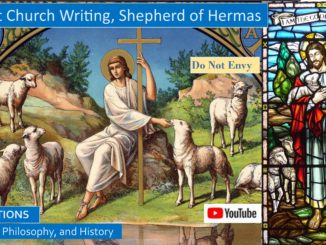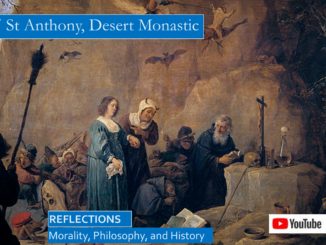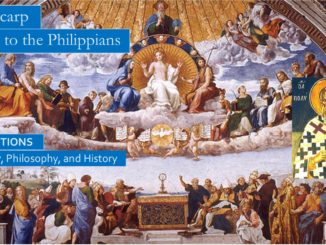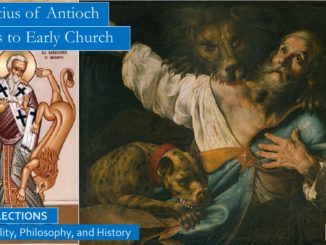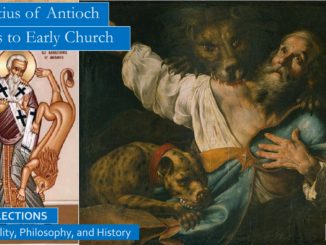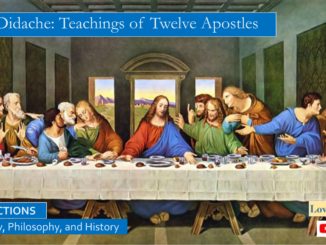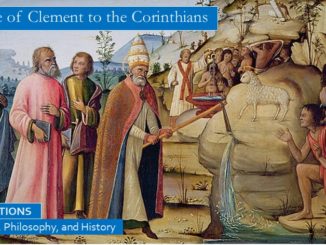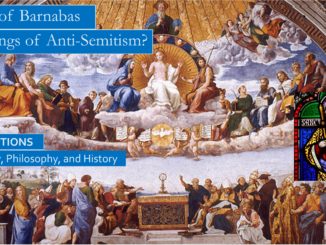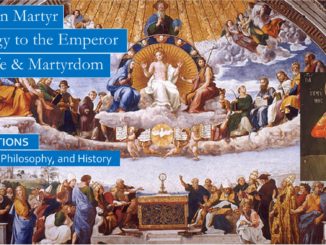
St Justin Martyr, Blog 1, First Apology to the Emperor
Justin opens his apology, “Reason directs those who are truly pious and philosophical to honor and love only what is true, declining to follow the opinions of the ancients if these be worthless,” a surprising argument, given the weight that the Romans placed on the ancient traditions. Right belief matters, “the lover of truth should choose to do and say what is right, by all means, and if threatened with death,” be willing to lay down his own life.
Justin quotes Plato, “unless both the rulers and the ruled philosophize, it is impossible to make states blessed.” The ancients believed that to pursue philosophy was to seek to live a godly life. Justin also echoes Plato when he says “rulers should rule in obedience, not to violence and tyranny, but to piety and philosophy,” a somewhat ironic wish since under the rule of the philosopher emperor Marcus Aurelius he would suffer a martyr’s death. […]

